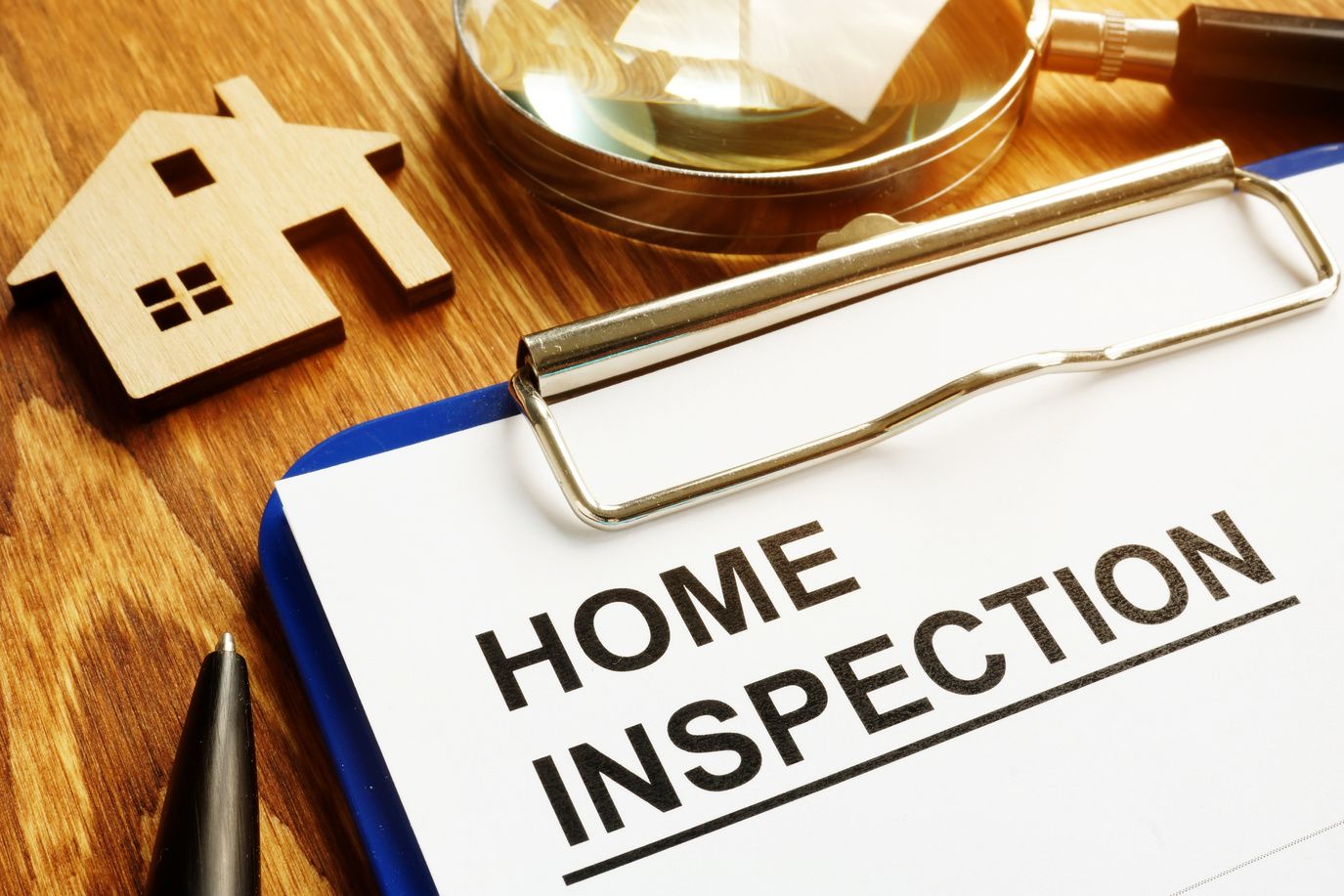Buying or selling a home is one of the most significant financial transactions people make in their lifetime. A home inspection plays a crucial role in this process, ensuring that buyers make informed decisions and sellers are prepared for any potential issues. This article will explore what a Home Inspection entails, why it is essential, and how to prepare for one.
What is a Home Inspection?
A home inspection is a comprehensive evaluation of a property’s condition, conducted by a professional inspector. The process involves examining the structural integrity, electrical systems, plumbing, heating and cooling systems, roof, and other critical components of the house. The inspector provides a detailed report outlining any defects, safety concerns, or maintenance issues that need attention.
Why is a Home Inspection Important?
1. Identifies Hidden Issues
A home might look perfect on the surface, but underlying problems such as faulty wiring, plumbing leaks, or foundation cracks can remain unnoticed. A home inspection uncovers these issues before they turn into costly repairs.
2. Negotiation Leverage
For buyers, an inspection report can serve as a bargaining tool to negotiate a lower price or request repairs before closing the deal. For sellers, addressing problems beforehand can lead to a smoother sales process and potentially higher offers.
3. Ensures Safety
Home inspections help identify safety hazards such as mold, asbestos, radon, and carbon monoxide leaks. Ensuring these risks are mitigated protects the health and well-being of occupants.
4. Long-Term Savings
By discovering potential problems early, home inspections can save homeowners from unexpected and costly repairs in the future. This proactive approach allows for better budgeting and planning.
How to Prepare for a Home Inspection
For Sellers:
- Ensure all utilities are on and accessible.
- Provide clear access to basements, attics, and crawl spaces.
- Repair minor issues such as leaky faucets, loose handrails, or damaged caulking.
- Clean gutters and ensure proper drainage.
- Gather documentation for any repairs or renovations.
For Buyers:
- Be present during the inspection to ask questions and gain firsthand insights.
- Review the inspector’s report carefully and consult professionals if needed.
- Use the report to negotiate repairs or pricing adjustments with the seller.
Choosing the Right Home Inspector
Selecting a qualified and experienced home inspector is crucial. Look for inspectors who are certified by reputable organizations such as the American Society of Home Inspectors (ASHI) or the International Association of Certified Home Inspectors (InterNACHI). Reading reviews and asking for references can also help in making an informed choice.
